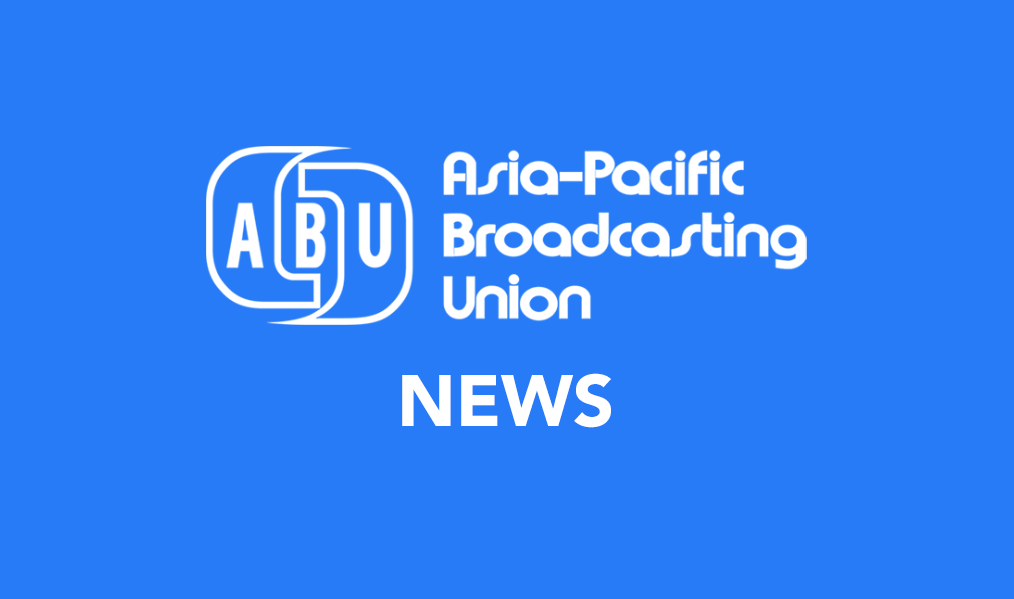
Broadcasters face setbacks at WRC-12
1 February, 2012: In the last four days at ITU’s WRC-12 conference, the broadcasting faced some rough weather on their core agenda items. At the same time, decisions on several agenda items were completed, many of them as ‘NOC’, meaning no further action required. WRC-12 is currently on in Geneva and will conclude its deliberations on 17 February.
Substantial progress has resulted in respect of the two principal broadcasting related issues, 1.13 on BSS (use of the 21.4-22 GHz band for delivery of Ultra-HDTV by broadcasting satellites) and 1.17 (possible ways to use the UHF band from 790-862 MHz for mobile communication services).
The BSS agenda item has made good progress and received agreement on many regulatory issues, including the main regulatory framework (Method A), allocation of feeder-link spectrum for up-linking to the satellites, the much debated issue of protecting the terrestrial services in this band in all the regions of the world. One of the crucial issues to be settled is whether or not any preference should be offered to those countries who have not filed their satellite systems with the ITU in this band. So far around 1000 such filings have been made and this is, therefore, a big issue for the developing countries.
In sharing of the upper portion of the UHF band with mobile service (1.17) there is an overwhelming demand from national regulators to have this done, though some of the broadcasters have pointed out that studies required for sharing are not complete and need more consideration. As already reported, proposals seeking consideration of an additional band (694 to 790 MHz) for mobile services have also been considered by the Conference and currently technical arguments are being discussed.
The decision process for the ENG frequency harmonization issues (1.5) has been completed. While awaiting ratification by the Plenary, it has been decided that there is no need for any further arrangements / regulations in this area (No Change), meaning that the regulators are opposed to any such arrangements. This is a setback for the broadcasters and the ENG operators as they had sought relief in frequency operational matters. However, there is a rush by many countries to include, through footnote allocation, the upper part of the UHF band for use by ENG operations (wireless microphones and wireless cameras).
The ABU is following 10 agenda items at this conference which are of interest to the broadcasting and satellite broadcasting industry.
Sharad Sadhu, ABU

